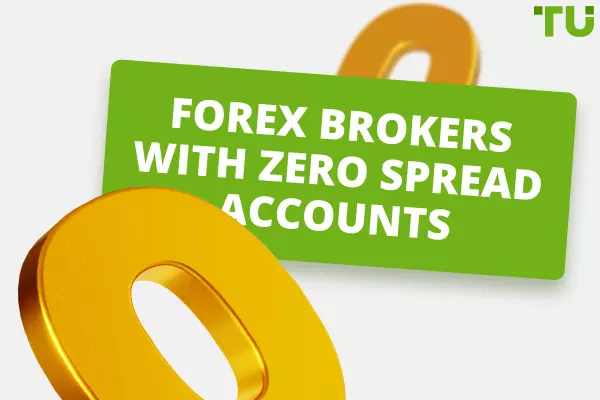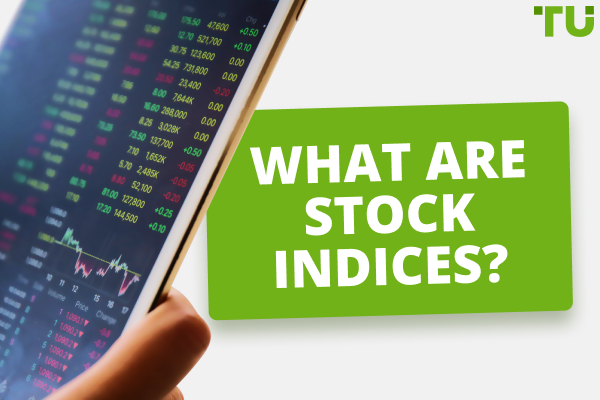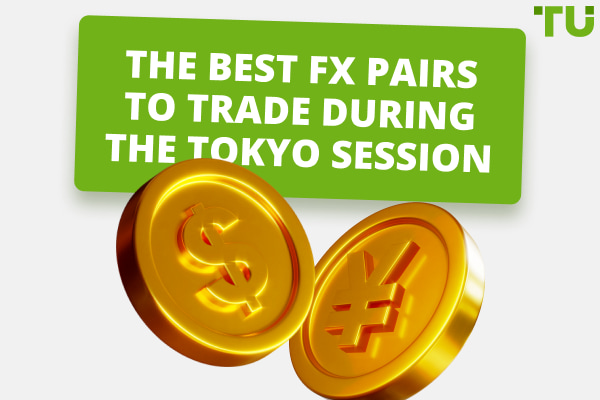The Main Participants In The Forex Market And Their Role
The main participants of the Forex market:
-
Brokers - intermediaries between other market participants
-
Individual traders - retail speculative participants earning on the exchange rate difference
-
Corporate participants, market makers - large participants, including those who maintain market liquidity
-
ECN-systems - electronic platforms for instant execution of transactions
In Forex, counterparties to transactions are retail traders and large corporate participants - banks, hedge funds, investment funds, etc. Brokers and ECN-platforms act as intermediaries providing the trading process.
Do you want to start trading Forex? Open an account on RoboForex!Participants in the Forex market
The foreign exchange (FX) market is the largest financial market in the world, with a daily trading volume of over $6 trillion. This market is made up of various types of participants, each with its own unique goals and strategies. The number of corporate and individual traders is several tens of millions.
Institutional participants
Institutional participants are the largest players in the FX market. They include commercial banks, investment funds, hedge funds, and insurance companies. These participants use the FX market for hedging foreign exchange risk, speculation on currency movements, and managing their investment portfolios.
-
Commercial banks are the largest institutional participants in the FX market. They use the market to hedge foreign exchange risk associated with their international activities, as well as to provide services to their clients, such as corporations and financial institutions
-
Investment funds use the FX market to speculate on currency movements. They can use various strategies, such as arbitrage, fundamental trading, and technical trading
-
Hedge funds are another type of institutional participant that is actively involved in the FX market. They use the market to speculate on currency movements, as well as to manage their investment portfolios
-
Insurance companies use the FX market to hedge foreign exchange risk associated with their insurance portfolios. They can also use the market to invest excess cash
Corporate participants
Corporate participants are also major players in the FX market. They use the market to hedge foreign exchange risk associated with their international activities, as well as to manage their investment portfolios.
Corporations that do business in multiple countries are exposed to the risk of currency fluctuations. This risk can lead to lower profits or even losses. Corporations can hedge this risk by buying or selling currencies on the FX market.
Corporate investors can also use the FX market to manage their investment portfolios. They can use various strategies, such as arbitrage, fundamental trading, and technical trading.
Individual participants
Individual participants are the smallest players in the FX market. They use the market to speculate on currency movements, as well as to manage their investment portfolios.
Individual traders can use various strategies to trade on the FX market. Some of the most common strategies include arbitrage, fundamental trading, and technical trading.
Individual investors can also use the FX market to manage their investment portfolios. They can use various strategies, such as long-term investing, short-term investing, and speculation.
Best Forex brokers

Role of FX market participants
On the Forex market, various participants, including corporate and retail traders, play a crucial role in shaping liquidity, price dynamics, and the overall market sentiment. Let's explore the roles they play:
Corporate Participants:
-
Banks and Financial Institutions. Major banks and financial organizations are primary participants in the currency market. They provide liquidity and facilitate large transactions
-
International Companies. Corporations engaged in international trade use Forex for currency exchange and risk hedging. They can execute significant transactions on the currency market
Retail Participants:
-
Individual Traders. Private individuals, including small investors, speculate on the Forex market with the aim of making a profit. They can trade through brokerage firms using trading platforms
-
Hedgers. Investors seeking to protect their assets from currency fluctuations may use Forex for risk hedging
The roles of corporate and retail participants include:
-
Providing liquidity. Market participants in Forex, such as large banks and financial institutions, play a crucial role in providing liquidity. They contribute substantial amounts of money flow, enabling large currency transactions. This ensures the market remains vibrant and active, allowing traders to easily enter and exit positions
-
Price formation. Corporate and retail market participants influence price formation in currencies. Their trading decisions, based on the evaluation of economic and political factors, shape the supply and demand, which, in turn, determines current exchange rates. Thus, currency prices are formed based on a multitude of factors, including the actions of market participants
-
Risk management. Corporations use Forex to manage currency risks associated with international trade. They can enter hedging transactions to protect against potential currency rate changes. Retail traders also apply risk management principles by setting stop losses and targets when entering trades
-
Speculation and investment. Retail traders often engage in speculative trading, aiming to profit from currency rate fluctuations. Speculative operations can be short-term or long-term, depending on the trader's strategy. Large investors may also use Forex for long-term investments based on fundamental analysis
In summary, the interaction between corporate and retail participants creates a dynamic and liquid Forex market, offering diverse players the opportunity to achieve their goals and fulfill their functions in the economy.
Other Forex market participants
Exchanges
An exchange is an organized market where participants can trade currencies. Exchanges provide a platform for trading as well as regulate the trading process.
The largest forex exchanges are located in London, New York, Singapore, and Tokyo. These exchanges account for a large portion of the daily trading volume in the forex market.
Market makers
Market makers are market participants who provide liquidity to the market by offering to buy or sell currencies at set prices. Market makers can be individuals or organizations, such as commercial banks.
Market makers play an important role in providing liquidity to the forex market. They allow market participants to trade at any time of the day or any day of the week.
ECN systems
ECN systems are electronic trading systems that allow market participants to trade directly with each other, bypassing market makers. ECN systems provide greater market transparency and lower spreads than trading through market makers.
ECN systems have become popular in recent years as they offer market participants a number of advantages, such as:
-
Lower spreads
-
Greater market transparency
-
Ability to trade at any time of the day or any day of the week
Role of exchanges, market makers, and ECN systems
Exchanges, market makers, and ECN systems all play an important role in the functioning of the forex market. Exchanges provide a platform for trading as well as regulate the trading process. Market makers provide liquidity to the market by offering to buy or sell currencies at set prices. ECN systems provide greater market transparency and lower spreads.
Each of these market participants has its own unique advantages and disadvantages. The choice of one market participant over another depends on the trader's goals and strategy.
Conclusion
The FX market is a complex and dynamic market that is made up of various types of participants. Each of these participants has its own unique goals and strategies that impact the functioning of the market.
Team that worked on the article
Alex Smith is a professional day trader for a proprietary trading firm within the foreign exchange (forex) and crypto markets. His area of expertise is day trading and swing trading within the 15min-4hr time frames for both the London and NY open. At Traders Union, Alex is a firsthand experience expert, providing explanatory videos and tutorials on brokerage companies, how to open a trading account, how to withdraw profit, etc.
Dr. BJ Johnson is a PhD in English Language and an editor with over 15 years of experience. He earned his degree in English Language in the U.S and the UK. In 2020, Dr. Johnson joined the Traders Union team. Since then, he has created over 100 exclusive articles and edited over 300 articles of other authors.
The topics he covers include trading signals, cryptocurrencies, Forex brokers, stock brokers, expert advisors, binary options. He has also worked on the ratings of brokers and many other materials.
Dr. BJ Johnson’s motto: It always seems impossible until it’s done. You can do it.
Mirjan Hipolito is a journalist and news editor at Traders Union. She is an expert crypto writer with five years of experience in the financial markets. Her specialties are daily market news, price predictions, and Initial Coin Offerings (ICO). Mirjan is a cryptocurrency and stock trader. This deep understanding of the finance sector allows her to create informative and engaging content that helps readers easily navigate the complexities of the crypto world.










